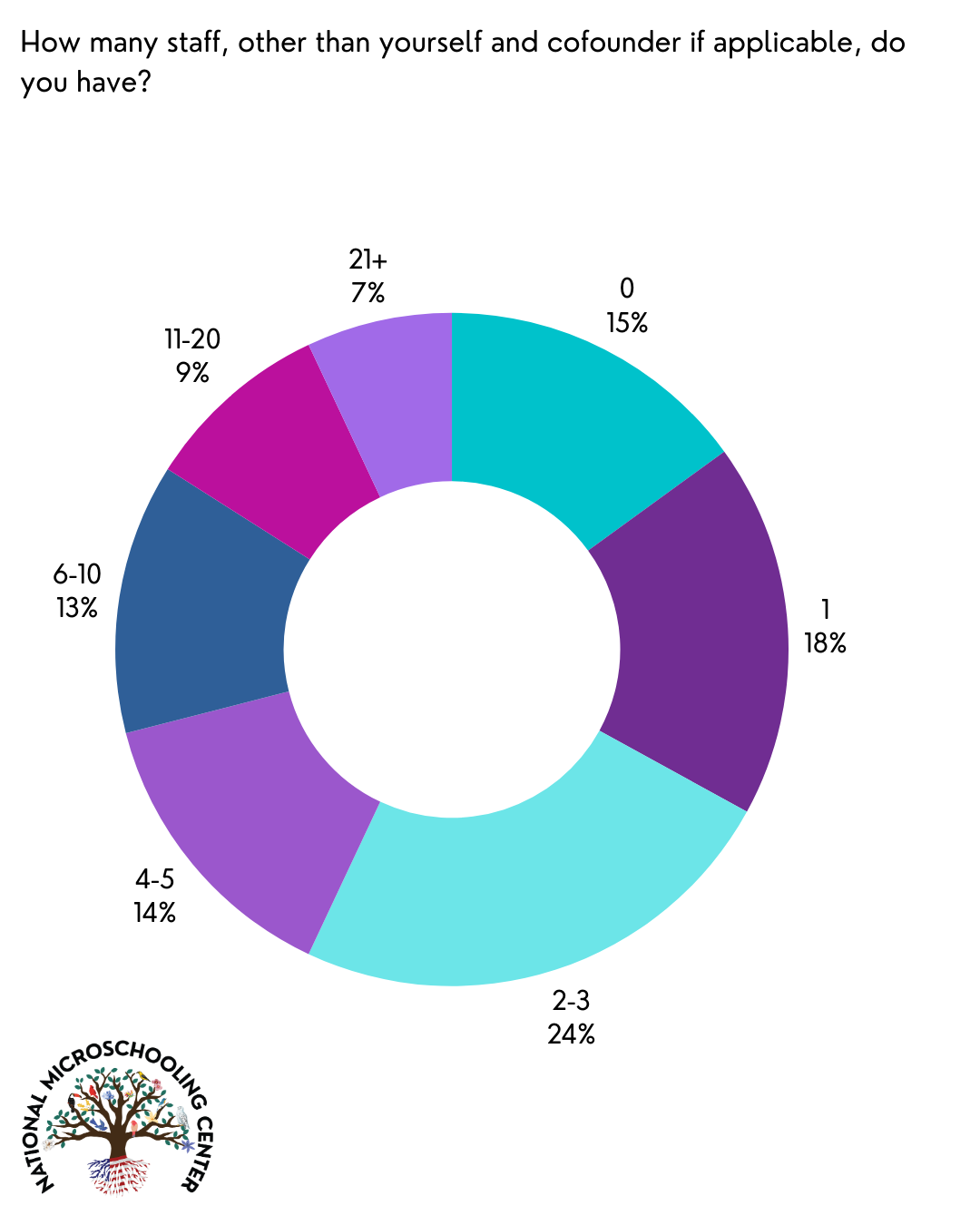An Early Look At Microschooling In America (From Forbes)
This article appeared in Forbes, where it can be found in its entirety.
.jpg)
What are the main motivators of prospective microschool founders? While many choose to describe this group of ambitious educators as entrepreneurs, the prospect of profiting financially is not what is on most founders' minds.
Creating opportunities for children from systemically underserved or marginalized communities topped the list of responses, cited by just over half of founders.
Enabling children to thrive as they had not in their prior educational settings came in a close second, as a primary motivator for just over 45 percent of founders.
Income from entrepreneurial success ranked third, a primary motivator for just under one-third of founders. Emphasizing specialized learning philosophies and providing non-governmental solutions to societal challenges were the fourth- and fifth- most commonly referenced motivations.
What do these responses tell us about America's current, fast-growing microschooling movement? While professional, licensed educators constitute the single largest professional background of microschool founders (seven out of ten currently-operating microschool founders and half of prospective, pre-launch founders), meeting the diverse, specific educational needs of the learners they serve, and in individualized ways that often incorporate specialized teaching and learning approaches, are what drives this nontraditional, permissionless schooling community.
These findings, and many others, can be found in the National Microschooling Center's 2023 American Microschooling Sector Analysis report.
'

This article appeared in Forbes, where it can be found in its entirety.

In our 2024 Sector Analysis the Center analyzed data received for 400 microschools representing 41 states.
Juliet Squire